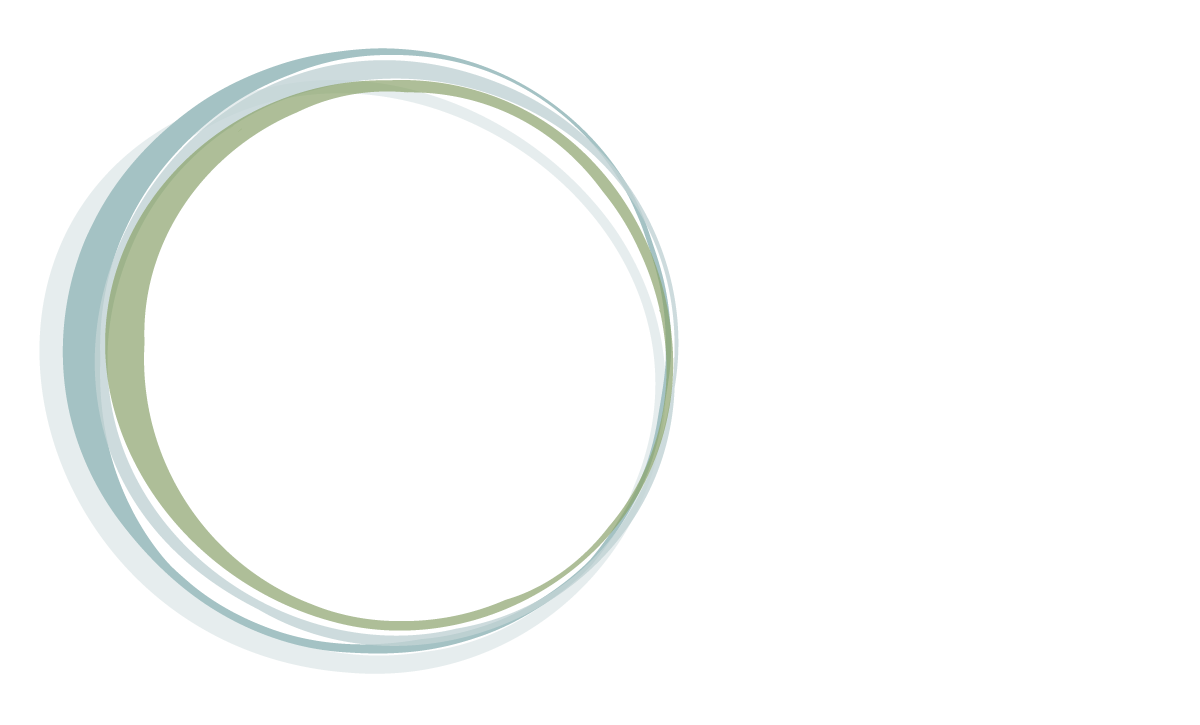Is Your Body A Ball and Chain or a Place of Refuge? (Epiphany in the Gatineau Hills)
For part of last summer, like every summer of my life, I spent some time up at our family cottage on Blue Sea Lake, in Quebec's Gatineau Hills, north of Ottawa. Our extended family has been going to this place for seven generations. There are many many things I love about the place and the people there. When I am there, I make a point of getting out on the old railroad track, which has been converted into a fitness trail. I love to run and walk on it. So, on one of these occasions last summer, I was out on the trail with my dog, and I had an epiphany. My epiphany was this: my mind needs my body. My mind needs my body to get calmed, to help it focus, to feel good, among other things. My body is a refuge I can seek out. And, since my body is a refuge, a place that can help me, I need to treat it well. I at least need to remember it's there before it screams at me that I have been neglecting it. This is a shift for me from merely thinking that I need to exercise or eat well to keep my body healthy. It's more than that. It is a recognition that I can leverage my body to help my mind perform better and to make me feel better. My body is not just something that needs to be managed and cared for because otherwise it will hold me back and drag me down. It is not a ball and chain. My body is something that can help propel me forward to where I want to go, with tremendous energy and zest.
I think the learning I did when reading and blogging about "My Stroke of Insight" by Jill Bolte Taylor helped me come to this shift, this epiphany. Jill Bolte Taylor shows us how we can silence our brain chatter (all those voices in our head), caused by our left brain, by reconnecting with our senses (i.e. our body), which are controlled mainly by our right brain. Her work is certainly epiphany-inducing.
As you may know from reading my previous posts I have been exploring this idea of focusing on managing our energy, not our time, as way of approaching our personal and professional lives. I have been using it as a framework to present many different ideas and insights which I think will be helpful to you, and to me. So for the next couple of posts, my plan is to circle back and look again at managing our physcial energy, especially in terms of exercise and food.
I have noticed that those of us who have been encouraged to build our intellects, and have often been celebrated for our intellects, can neglect our bodies, even when we know exactly what we need to do to treat them well. In times of stress, we can easily forget about our bodies, or choose to ignore them and their signals. I have this image in my head of people pouring into their offices looking like heads dragging their bodies along behind them as an afterthought, like balls and chains. I certainly behaved this way quite often when I worked on Bay Street in Toronto and was under stress. I am sure all of you reading this post can think of a time when you were very disconnected from your body. In fact I would go so far to say that, as professionals, our minds rule most of the time. Matthieu Ricard, a scientist, Bhuddist monk, author and photographer, shares an image that sticks with me: we all have a restless monkey in our minds, jumping around, swinging from trees and looking for bananas, often at the expense of the rest of us.
This is where I think the managing energy, not time, model is really helpful, since it can remind us of how fundamental it is that we remember and listen to our bodies every day. If we manage our physical energy well, we can perform better in our lives. Instead of only remembering our physical needs as a afterthought or when we are in physical crisis, we can put them first most of the time, knowing how well this investment will pay off, both in the short term and in the long term. We can use our bodies as refuges from our busy monkey minds and indeed, in doing so, we can then go back to our intellectual work, and other work and play, refreshed and perhaps even with new ideas that have sprouted during our so-called "breaks". We can perform better and feel more fully alive more of the time.
So what does this all mean for you?
Do you feel like your body is a ball and chain you drag around, or is it a place of refuge for you?
What do you wish you could do differently in terms of how you treat your body?
Stay tuned for more ideas and insights on how we treat our bodies and manage our physical energy. My next post wil be about exercise...

